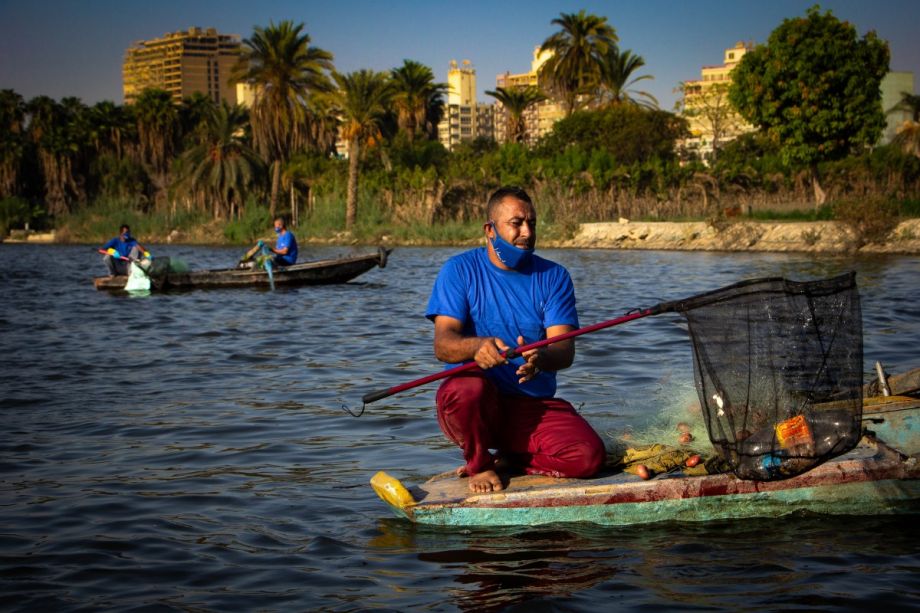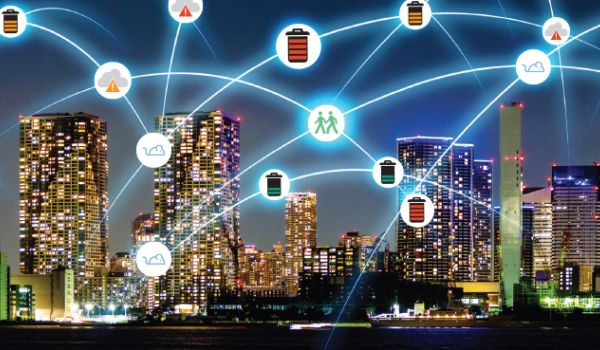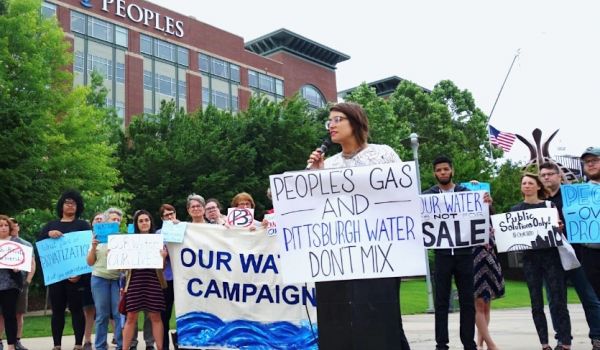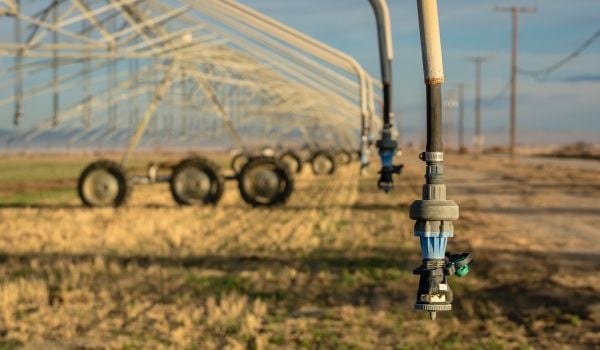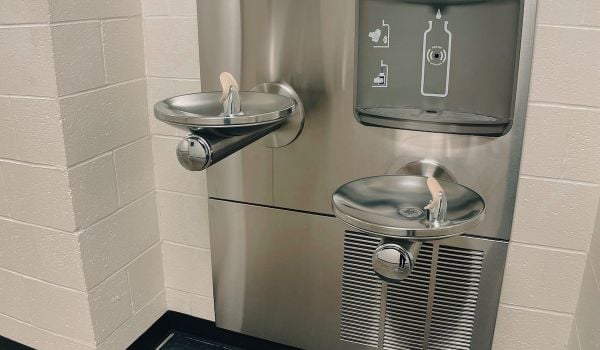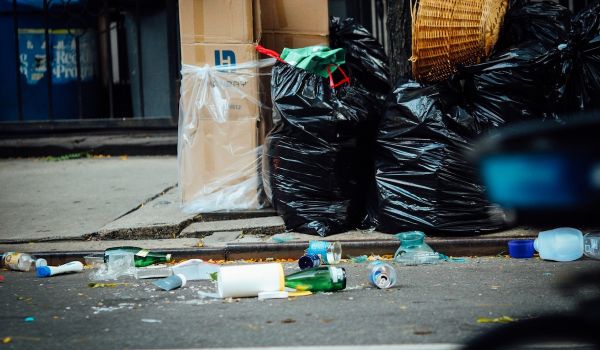There is nothing like sitting on the corniche in Cairo and watching the world float past on the Nile — water taxis, feluccas, and small-scale commercial fishers in colorful boats vie for space in the water while cafés on the shore bustle with activity. If you pull up a chair in the evening, you can watch the city light up as the sun goes down.
But in recent years, the river has been increasingly threatened by climate change, development, and human-made pollutants like industrial and municipal wastewater, agricultural drainage, and plastic debris. If you sit on the bank of the river today, you’re just as likely to see single-use plastic bottles or bags drift past as you are a boat.
“Every time you walk over a bridge in central Cairo, you see all the garbage floating in the Nile,” says Mona el Kateb, a program manager at Verynile, a Cairo-based initiative focused on cleaning the river.
For the 96 million Egyptians who live in cities concentrated along the Nile, increasing pollution is a significant concern. To clean and protect the vital waterway, environmental groups like Verynile have begun to partner with fishers to collect plastic debris from the river. Through the Verynile program, fishers are offered cash and essential services like healthcare in exchange for bringing trash from the water to shore for recycling. Similar programs have also been rolled out in places as diverse as Greece, India, and parts of the United States, where various pollutants threaten the livelihoods of fishers and the health of local communities and the environment.
Verynile began its work in 2018, hosting volunteer beach cleanup events where mostly young people collected garbage from the riverbank. Since 2019, the group has partnered with local fishers to address debris in the water and increase the social impact of its work.
“We decided to target fishermen to have a positive social impact while cleaning the Nile,” says Mostafa Habib, co-founder of Verynile. The organization’s growing team of fishers, who number only fifteen now, already pull an average of 100 kilograms (220 pounds) of rubbish from the river every day. Once on shore, it is compressed and trucked to a recycling agency to be safely recycled. The group has collected about 45 tons of garbage from the Nile thus far.
El Kateb says that partnering with local fishers has benefited everyone. Verynile pays the fishers 11 Egyptian pounds ($.70) per kilogram of waste that they collect.. On a regular day of fishing, a fisher might earn between 50 and 150 Egyptian pounds. The additional income from Verynile allows them to continue earning a living even as the demand for fish changes seasonally. Their skills also make them experts at on-the-water cleanup.
“They know the Nile very, very well,” says el Khateb, “They know how to navigate the Nile, and they all have boats.” They’re also invested in the work, she says, because “their livelihoods are directly affected by the pollution in the Nile.”
While fishers on the Nile address the amount of plastic waste flowing into the Mediterranean Sea, fishers across the world in the Gulf of Maine are working on a pollution problem that looks a lot different. “We work on cleaning up marine debris such as derelict fishing gear and other abandoned fishing gear, trying to get it out of the water,” explains Erin Pelletier, executive director of the Gulf of Maine Lobster Foundation. “Our mission is to work collaboratively with fishermen,” she says.
Whereas the Nile carries visible plastic debris like single-use bags or bottles into the ocean, the debris common in the Gulf of Maine is called ghost gear, a term used to describe abandoned, lost, or otherwise discarded fishing gear that collects on the ocean floor and is invisible to most. This lost fishing gear can harm marine life for decades or even centuries after it first enters the ocean, making it one of the deadliest forms of marine debris.
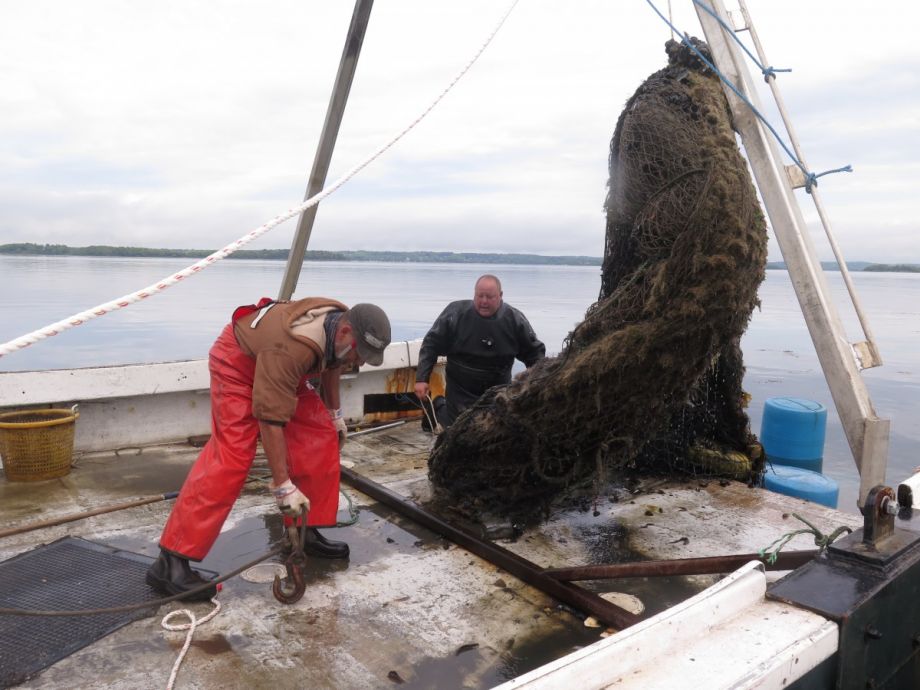
Maine fishermen pull a discarded net weighing four tons (8,000 pounds) out of the water. (Photo courtesy Gulf of Maine Lobster Foundation)
“If you don’t see it, you don’t think it’s there. But it is,” says Pelletier. “That’s why you have to work with people like this, with fishermen.” The fishers in the Gulf of Maine locate underwater debris while on the water for work. “They know when there’s something down there,” says Pelletier. “Because fishermen would be hauling their gear and get hung up on these things.”
With support from the Gulf of Maine Lobster Foundation through a program called Gear Grab, local fishers trawl the ocean floor on designated at-sea cleanup days and haul debris to shore for recycling. Some of the masses of rope and derelict gear that the group has collected have weighed several tons. Clearing the ghost gear out of the water opens up new areas for fishing and “feels good at the end of the day,” says Pelletier.
Around the world, cleaning and protecting rivers, seas, and oceans in the face of climate change and human-made pollutants is becoming more critical than ever. The message from programs like Verynile and Gear Grab is clear: when cities want to remove debris from their waterways, they should look to the people who know the water best — fishers. “They’re a part of the solution,” says Pelletier.


